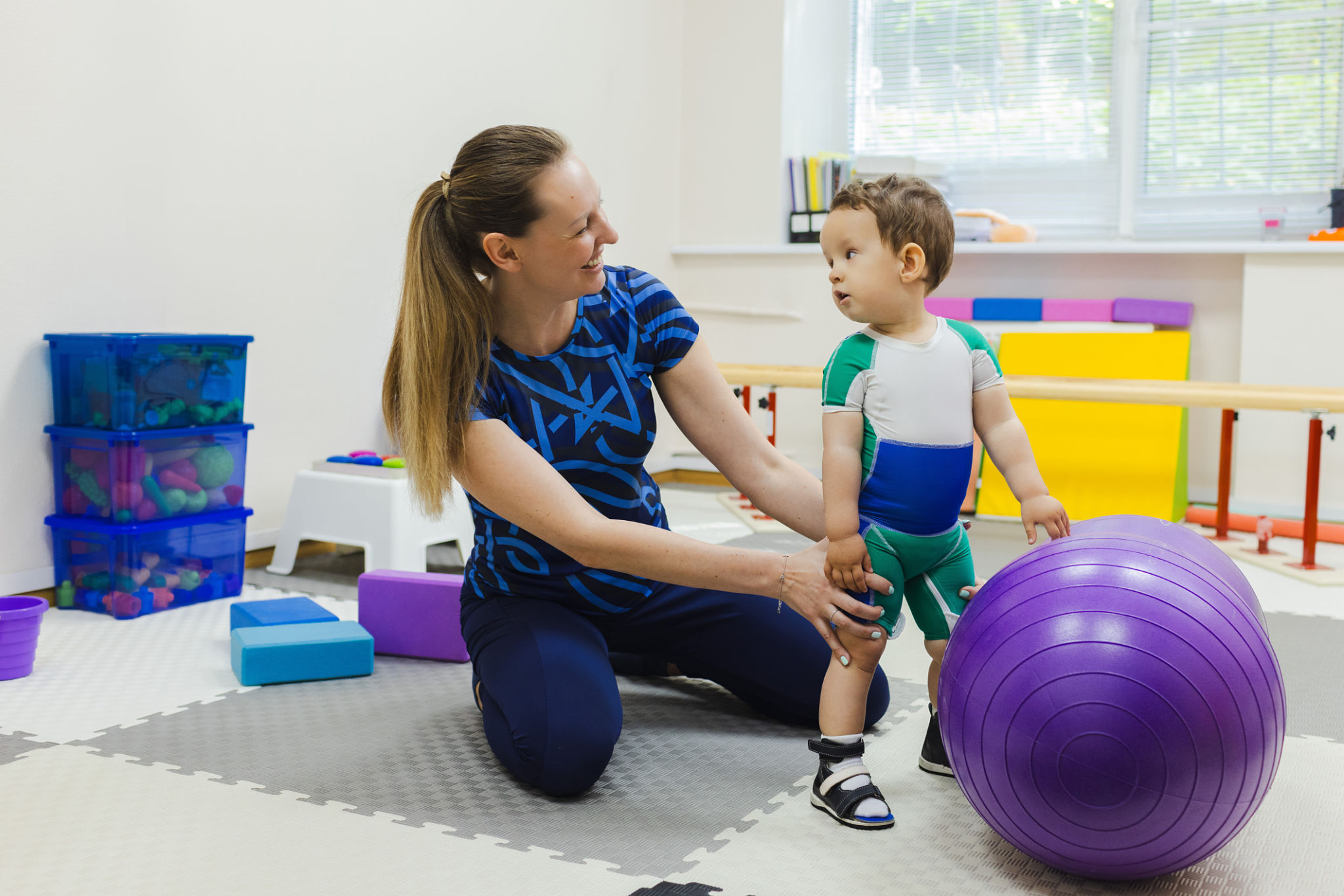How to Prepare Your Child for ABA Therapy Sessions
Understanding ABA Therapy
Applied Behavior Analysis (ABA) therapy is a widely recognized approach to helping children with autism develop essential skills. It focuses on improving specific behaviors, such as communication, social skills, and academics, through positive reinforcement. Preparing your child for ABA therapy sessions can make a significant difference in their progress and comfort.

Discuss the Therapy with Your Child
Before starting ABA therapy, it's crucial to talk to your child about what to expect. Explain the purpose of the sessions in simple terms they can understand. Use positive language to describe the activities and reassure them that it's a safe and supportive environment. This conversation can help reduce anxiety and build excitement.
Create a Consistent Routine
Children often thrive on routine, and having a consistent schedule for therapy sessions can help them adjust more easily. Consider setting specific days and times for therapy and incorporate it into their daily routine. This consistency helps them know what to expect and can reduce resistance to therapy.

Prepare the Environment
Setting up a comfortable and distraction-free environment at home is essential for effective ABA therapy sessions. Ensure that the space is clean, quiet, and equipped with any necessary materials. This setup can help your child focus better during sessions and improve their learning experience.
Introduce Visual Supports
Visual supports can be incredibly beneficial for children undergoing ABA therapy. Use charts, pictures, or visual schedules to provide structure and clarity. These tools can help your child understand what activities will occur and when, reducing uncertainty and enhancing their engagement.

Incorporate Reinforcements
Positive reinforcement is a cornerstone of ABA therapy. Identify specific rewards or incentives that motivate your child, such as stickers, playtime, or small treats. Incorporating these reinforcements at home can encourage them to participate actively in the therapy sessions and achieve their goals.
Collaborate with Therapists
Maintaining open communication with your child's ABA therapist is vital. Regularly discuss your child's progress, any concerns, and ways to support their learning at home. This collaboration ensures that everyone is aligned and working towards the same objectives.
Encourage Social Interaction
ABA therapy often includes improving social skills. Encourage your child to practice these skills by arranging playdates or family activities. Providing opportunities for social interaction can reinforce the skills learned during therapy and help them apply them in real-life situations.

Be Patient and Supportive
Progress in ABA therapy can take time, so it's important to be patient and supportive. Celebrate small victories and be there to encourage your child when they face challenges. Your positive attitude and encouragement can make a significant impact on their overall experience and success.
